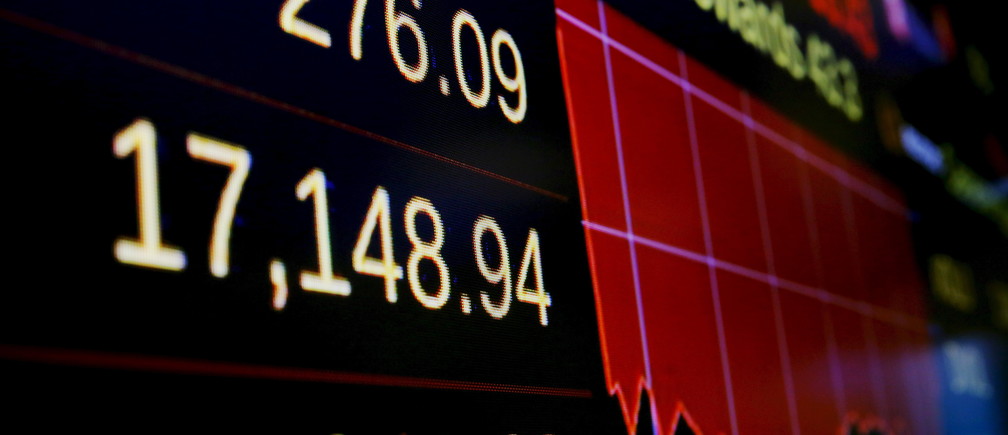
The financial system has been acting strangely. For the past four months, we have been witnessing a rapid rise in world stock markets, especially in the U.S.
From their lows at the beginning of the COVID-19 crisis, major indexes have rallied between 20-30%. Some technology names have doubled (Amazon), tripled (Apple), and Tesla (up 600%).
All this in the background of a massive worldwide recession, where major economies have shrunk between 10-15% in the last quarter. Unemployment has skyrocketed to levels not seen since the 1930s. Government budget deficits are off the chart levels.
The financial system before an expected second COVID-19 wave
Let’s take a look at the financial system with the COVID-19 situation. The largest economy in the world, the U.S. has 30 million unemployed. People are being evicted from their homes due to unpaid mortgages and rents. Without company or state-provided healthcare benefits, millions go without basic medical care.
In Europe, hardship on households is alleviated with generous social programs. But these programs are all financed by huge borrowings on the part of governments.
With their tax base shrinking, governments have no way of repaying this debt, unless with hyperinflation, or global armed conflict.
With advantageous tax rates, tax loopholes, big companies (especially GAFA and related companies) pay little or no taxes.
A closer look at Amazon, Tesla and few of the big players
For example, Amazon had a tax rate of 1.2% on profits in 2019.
The principal shareholder of Amazon, Jeff Bezos, has a net worth of USD 200 billion, but there are no records of him paying taxes, except on property.
An average Amazon employee makes about USD 28,000 a year, with strict employment conditions, like the timing of bathroom breaks.
An electric car maker, Tesla, is worth USD 400 billion, more than the largest US Bank, JP Morgan Chase. JP Morgan provides banking services to millions, gives loans to businesses, in short, keeps the economy running, by risking its capital.
on the other hand, Tesla has just sold 400,000 cars worldwide in 2019 (a fraction of Toyota or VW, which sells 10 million cars each). The production of batteries (the main component of Tesla) has a large carbon footprint and hence are not as environmentally friendly as claimed. But image counts, and investors flock to Tesla shares, like flies to a light bulb.
The markets are thus irrationally high, while real economies and average people are suffering, and a privileged few are profiting from the crisis.
This type of income inequality last existed before the First World War, and before income taxes were introduced.
What can be a solution to the broken financial system?
Only with fair taxation, income distribution, that we can prevent a collapse of the world order, and stop the rise of extremism.
So instead of loading stock market records, mainstream media should be pointing out the dangers (like Financial Times on 01.09.2020) and showing the way how to prevent the bubble from being burst. Thus, to prevent further chaos in the world. And that’s said, any system where 0.001% possesses the majority of the wealth is doomed to fail.
I am Ahmet Gokay,
Finance and English professor with many years of experience in finance and economics in Europe, the US, and the Middle East. A believer in the power of children education and changing the world by passing the knowledge and experience to younger generations; The leaders of tomorrow. Visit my homepage here.
Or do you have thoughts and insights you would like to share? post your comments below.
